-
 Bitcoin
Bitcoin $83,263.2984
0.96% -
 Ethereum
Ethereum $1,839.5340
1.96% -
 Tether USDt
Tether USDt $1.0000
0.01% -
 XRP
XRP $2.1104
-1.21% -
 BNB
BNB $607.6972
1.20% -
 Solana
Solana $126.0272
1.42% -
 USDC
USDC $1.0001
-0.02% -
 Dogecoin
Dogecoin $0.1669
-0.56% -
 Cardano
Cardano $0.6591
-0.56% -
 TRON
TRON $0.2385
2.96% -
 Toncoin
Toncoin $4.1456
8.81% -
 Chainlink
Chainlink $13.5788
0.28% -
 UNUS SED LEO
UNUS SED LEO $9.1376
-5.06% -
 Stellar
Stellar $0.2661
-0.35% -
 Avalanche
Avalanche $18.8620
-1.13% -
 Shiba Inu
Shiba Inu $0.0...01247
0.14% -
 Sui
Sui $2.2924
-1.95% -
 Hedera
Hedera $0.1637
-3.58% -
 Polkadot
Polkadot $4.0601
0.47% -
 Litecoin
Litecoin $83.4500
-3.25% -
 MANTRA
MANTRA $6.2280
-0.14% -
 Bitcoin Cash
Bitcoin Cash $303.5891
0.48% -
 Bitget Token
Bitget Token $4.4850
-1.67% -
 Dai
Dai $1.0000
0.00% -
 Ethena USDe
Ethena USDe $1.0001
0.02% -
 Pi
Pi $0.7251
-5.47% -
 Hyperliquid
Hyperliquid $13.3629
7.10% -
 Monero
Monero $215.1154
-0.71% -
 Uniswap
Uniswap $5.9777
0.97% -
 Aptos
Aptos $5.3164
0.19%
How to register Bitget Exchange? Detailed introduction
To register for the Bitget exchange, visit their website, create an account, verify your email, enable 2FA, complete KYC verification, and then start trading cryptocurrencies.
Oct 03, 2024 at 05:24 pm
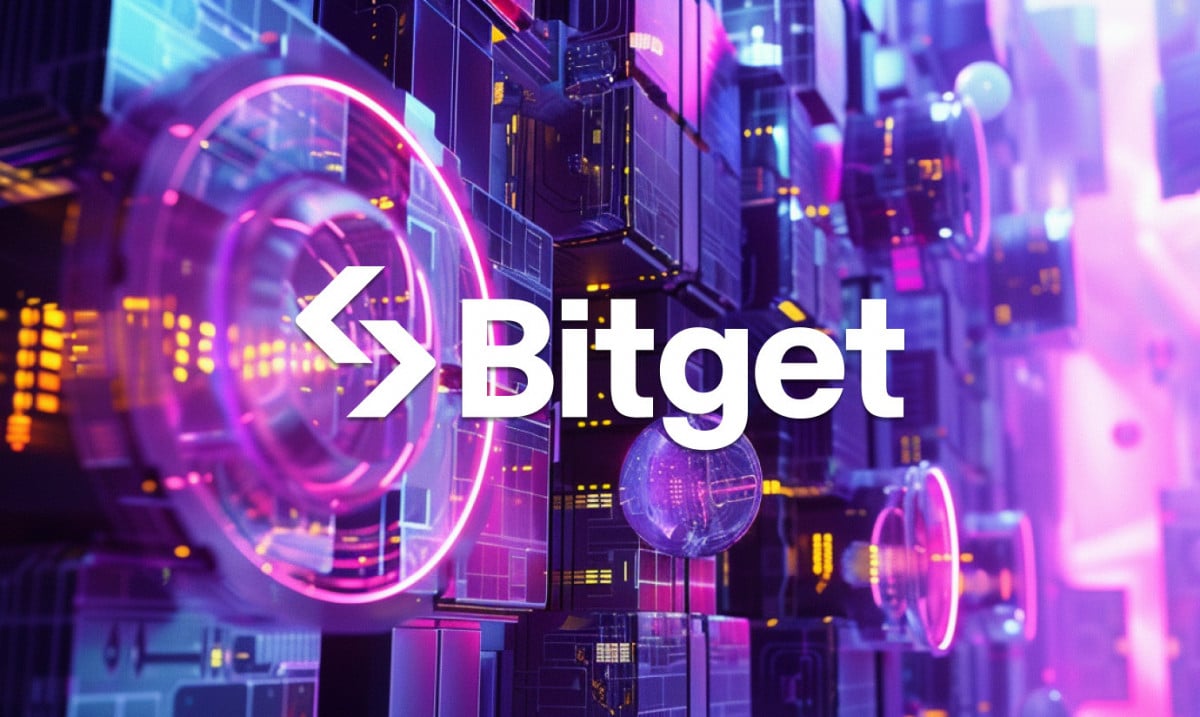
How to Register Bitget Exchange: A Step-by-Step Guide
Step 1: Visit the Bitget Website
- Navigate to the official Bitget website at www.bitget.com.
Step 2: Create an Account
- Click on the "Sign Up" button in the top-right corner of the home page.
- Fill in the required information, including your email address, password, and referral code (if applicable).
- Agree to the Terms of Service and Privacy Policy.
- Click on "Create Account."
Step 3: Verify Your Email Address
- Check your inbox for an email from Bitget.
- Click on the verification link in the email to confirm your email address.
Step 4: Enable Two-Factor Authentication (Optional)
- For enhanced security, you can enable two-factor authentication (2FA) by going to the "Security" page in your account settings.
- Choose your preferred method (Google Authenticator or SMS) and follow the instructions provided.
Step 5: Complete Identity Verification (KYC)
- To withdraw funds and access advanced features, you need to complete the Know Your Customer (KYC) process.
- Click on the "Identity Verification" page in your account settings.
- Upload a copy of your government-issued ID (passport, driver's license, etc.).
- Provide a selfie photo for facial recognition.
- Verify your address by uploading a utility bill or bank statement.
Step 6: Start Trading
- Once you have completed all the steps above, your account will be ready to use.
- Deposit funds into your account using the supported methods.
- Start trading cryptocurrencies and other digital assets by navigating the exchange dashboard.
Disclaimer:info@kdj.com
The information provided is not trading advice. kdj.com does not assume any responsibility for any investments made based on the information provided in this article. Cryptocurrencies are highly volatile and it is highly recommended that you invest with caution after thorough research!
If you believe that the content used on this website infringes your copyright, please contact us immediately (info@kdj.com) and we will delete it promptly.
- California Has Taken a Major Step Toward Securing Bitcoin and Cryptocurrency Rights by Amending Its Assembly Bill 1052
- 2025-04-01 01:40:12
- Markets May Be Approaching a Key Turning Point
- 2025-04-01 01:40:12
- BTC Bull Presale Raises $4.3M Offering 97% APY Staking & Exclusive BTC Airdrops
- 2025-04-01 01:35:12
- Crypto prices remain under significant selling pressure
- 2025-04-01 01:35:12
- Mutuum Finance (MUTM) Is Making Waves as a Strong Challenger to Ethereum (ETH) Rivals
- 2025-04-01 01:30:11
- In a Whirlwind of Technological Advancements
- 2025-04-01 01:30:11
Related knowledge
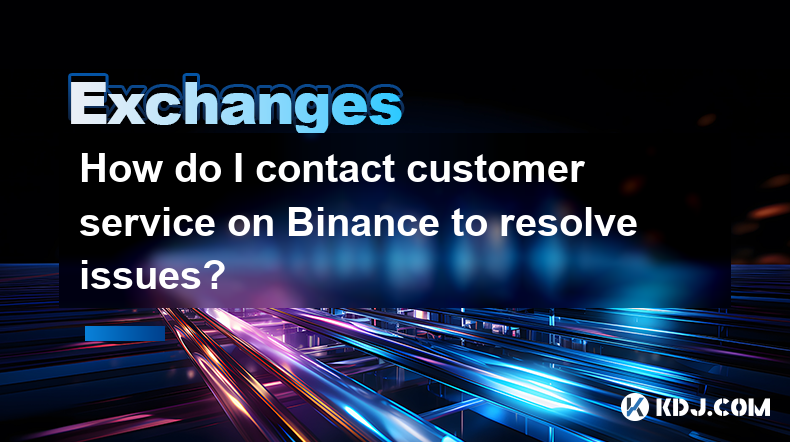
How do I contact customer service on Binance to resolve issues?
Mar 16,2025 at 04:30am
Key Points:Binance's customer service is primarily self-service, relying heavily on its help center and FAQs.Direct contact methods are limited, with email support being the most common route for non-urgent issues.Urgent issues may require using the in-app support system, though response times can vary.Understanding Binance's support structure and utili...
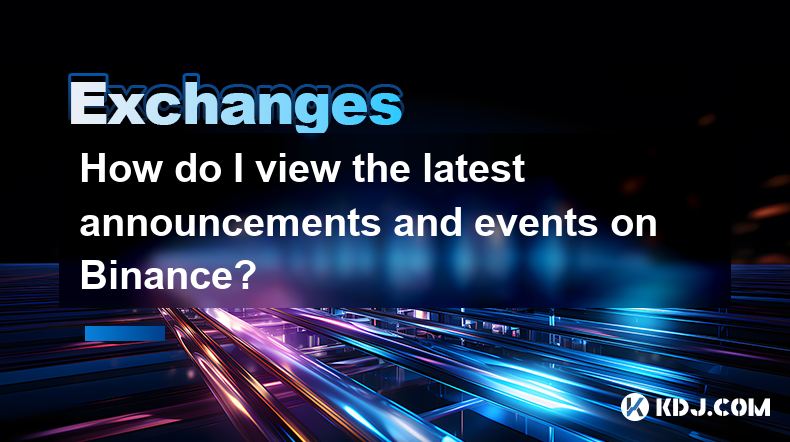
How do I view the latest announcements and events on Binance?
Mar 18,2025 at 10:18pm
Key Points:Binance utilizes multiple channels for disseminating announcements and events.The official Binance website is the primary source.Binance's social media platforms offer timely updates.Email subscriptions keep users informed about relevant announcements.Third-party aggregators can supplement official channels but require caution.How Do I View t...

How do I set up a subaccount on Binance?
Mar 14,2025 at 01:50pm
Key Points:Binance does not offer traditional "subaccounts" in the sense of separate accounts with independent logins under a master account.Instead, Binance offers features like user-defined labels for better portfolio management and API keys for automated trading. These provide functionality similar to subaccounts.Setting up these features involves na...
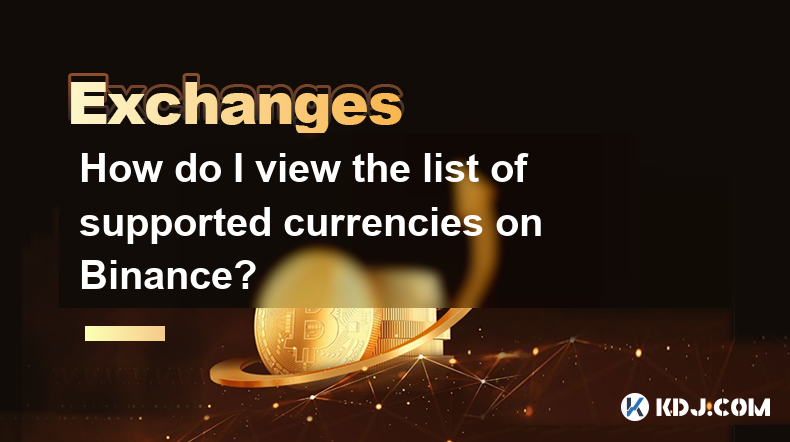
How do I view the list of supported currencies on Binance?
Mar 15,2025 at 05:35am
Key Points:Binance supports a vast and frequently updated list of cryptocurrencies. There's no single, static list.Finding supported currencies requires navigating Binance's website or app interfaces.Different sections of the exchange show different subsets of supported currencies (e.g., trading, staking, etc.).The availability of specific cryptocurrenc...
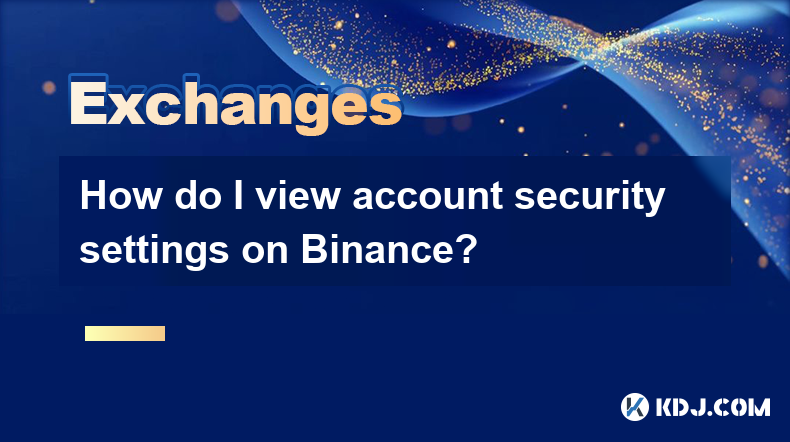
How do I view account security settings on Binance?
Mar 15,2025 at 08:40pm
Key Points:Binance's security settings are spread across multiple sections of your account. This article will guide you through each crucial area.Understanding and implementing these settings is paramount to protecting your cryptocurrency assets.We'll cover two-factor authentication (2FA), withdrawal whitelists, and other essential security features.Reg...
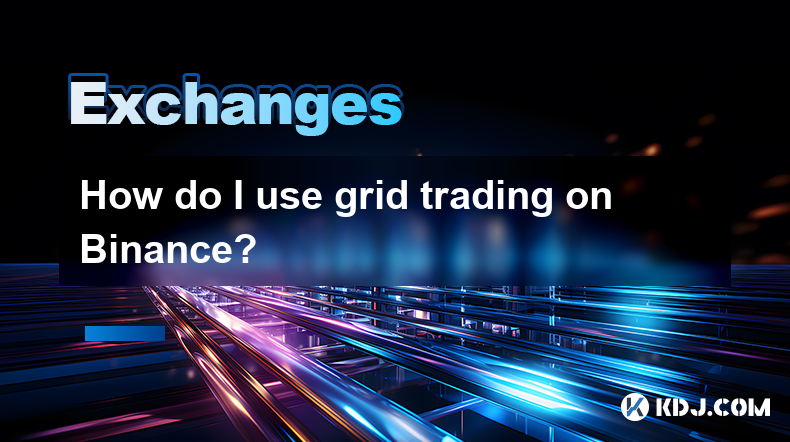
How do I use grid trading on Binance?
Mar 14,2025 at 04:25pm
Key Points:Grid trading on Binance involves automatically buying low and selling high within a defined price range.Binance offers a built-in grid trading bot, simplifying the process.Setting up a grid bot requires defining parameters like price range, grid quantity, and investment amount.Risk management is crucial, as losses are possible despite the aut...

How do I contact customer service on Binance to resolve issues?
Mar 16,2025 at 04:30am
Key Points:Binance's customer service is primarily self-service, relying heavily on its help center and FAQs.Direct contact methods are limited, with email support being the most common route for non-urgent issues.Urgent issues may require using the in-app support system, though response times can vary.Understanding Binance's support structure and utili...

How do I view the latest announcements and events on Binance?
Mar 18,2025 at 10:18pm
Key Points:Binance utilizes multiple channels for disseminating announcements and events.The official Binance website is the primary source.Binance's social media platforms offer timely updates.Email subscriptions keep users informed about relevant announcements.Third-party aggregators can supplement official channels but require caution.How Do I View t...

How do I set up a subaccount on Binance?
Mar 14,2025 at 01:50pm
Key Points:Binance does not offer traditional "subaccounts" in the sense of separate accounts with independent logins under a master account.Instead, Binance offers features like user-defined labels for better portfolio management and API keys for automated trading. These provide functionality similar to subaccounts.Setting up these features involves na...

How do I view the list of supported currencies on Binance?
Mar 15,2025 at 05:35am
Key Points:Binance supports a vast and frequently updated list of cryptocurrencies. There's no single, static list.Finding supported currencies requires navigating Binance's website or app interfaces.Different sections of the exchange show different subsets of supported currencies (e.g., trading, staking, etc.).The availability of specific cryptocurrenc...

How do I view account security settings on Binance?
Mar 15,2025 at 08:40pm
Key Points:Binance's security settings are spread across multiple sections of your account. This article will guide you through each crucial area.Understanding and implementing these settings is paramount to protecting your cryptocurrency assets.We'll cover two-factor authentication (2FA), withdrawal whitelists, and other essential security features.Reg...

How do I use grid trading on Binance?
Mar 14,2025 at 04:25pm
Key Points:Grid trading on Binance involves automatically buying low and selling high within a defined price range.Binance offers a built-in grid trading bot, simplifying the process.Setting up a grid bot requires defining parameters like price range, grid quantity, and investment amount.Risk management is crucial, as losses are possible despite the aut...
See all articles























































































